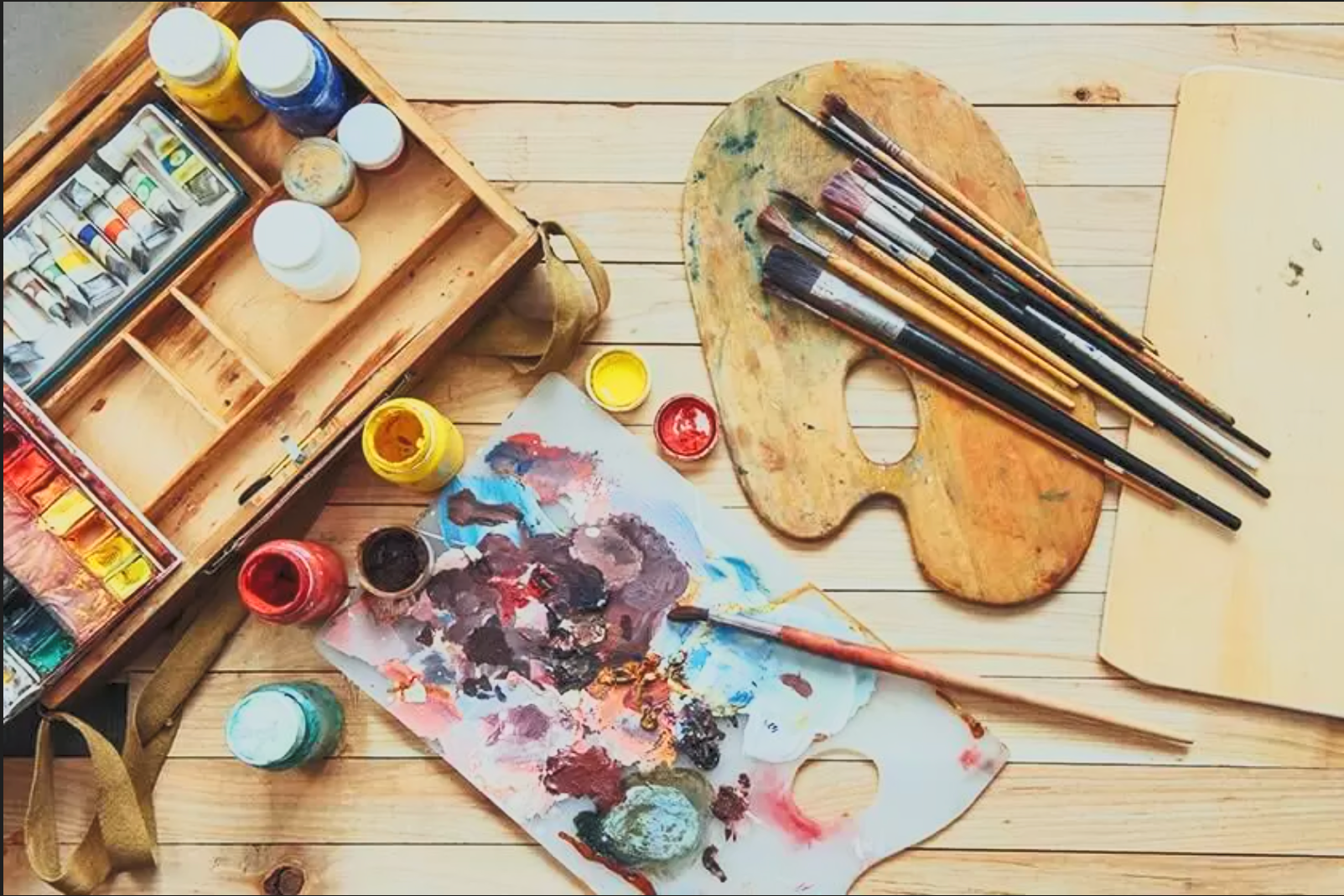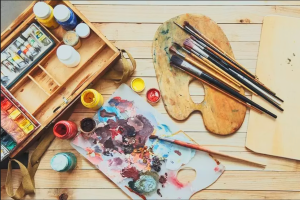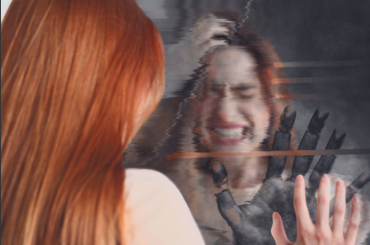Creative Outlets: The Benefits of Creative Activities in Recovery
Exploring your own creative ability in activities such as art, music, and writing can be incredibly beneficial in addiction recovery. These creative outlets provide a healthy and productive way to express emotions, reduce stress, and foster a sense of accomplishment and self-worth. By incorporating creative activities into your recovery journey, you may find new ways to cope with challenges and build a fulfilling and meaningful life.
One of the best things about cultivating your own creativity is how it can help you process and express your emotions. Addiction recovery often involves confronting difficult feelings and experiences, and creative activities offer a safe and constructive way to explore these emotions. Whether through painting, playing an instrument, or writing in a journal, if you can channel your thoughts and feelings into creative work you may find yourself gaining insight and clarity in the process.
Creative activities can also provide a valuable distraction from cravings and negative thoughts. Engaging in art, music, or writing can help you shift your focus away from addiction and towards something positive and enjoyable. This can be especially helpful during moments of stress or temptation, as it provides a healthy and productive way to occupy the mind and hands.
In addition to emotional and mental benefits, creative outlets can also enhance social connections and support networks. Participating in group art classes, joining a band, or attending writing workshops can provide opportunities to meet new people and build supportive relationships. These social interactions can be incredibly valuable in recovery, as they offer a sense of community and belonging, reducing feelings of isolation and loneliness.
Finding your own creativity can also boost self-esteem and confidence. Completing a piece of art, mastering a new song, or finishing a written work can provide a sense of accomplishment and pride. This can be particularly empowering in recovery, as it reinforces our ability to set and achieve goals, fostering a positive self-image and a sense of purpose.
Here are some simple and accessible ways to start engaging in creative endeavors:
- Start a Journal: Begin by writing down your thoughts, feelings, and daily experiences. You can also try creative writing prompts or start a blog.
- Doodle or Sketch: Keep a sketchbook and some pencils handy. Doodling or sketching can be a relaxing way to express yourself.
- Join a Class or Workshop: Look for local or online classes in art, music, writing, or any other creative field that interests you.
- Explore DIY Projects: Try your hand at DIY crafts, home decor, or upcycling old items. There are plenty of tutorials available online.
- Play an Instrument: If you have a musical instrument at home, spend some time playing it. If not, consider learning a new instrument.
- Take Photos: Use your smartphone or a camera to capture interesting scenes, objects, or moments. Experiment with different angles and lighting.
- Cook or Bake: Get creative in the kitchen by trying new recipes or inventing your own. Cooking and baking can be a fun and rewarding creative outlet.
- Create a Vision Board: Gather magazines, photos, and other materials to create a vision board that represents your goals and dreams.
- Try Digital Art: Use digital tools and apps to create art on your computer or tablet. There are many free and user-friendly options available.
- Join a Creative Community: Connect with others who share your interests by joining online forums, social media groups, or local clubs.
All of these activities can help you tap into your creativity and find joy in the process. Remember, the key is to have fun and explore different forms of expression without worrying about perfection.
So if you find yourself short on inspiration or energy incorporating creative outlets into your recovery journey can offer numerous benefits, including emotional expression, stress reduction, social connection, and increased self-esteem. By engaging in activities like art, music, and writing, you may find new ways to cope with challenges, build a supportive community, and create a fulfilling and meaningful life in recovery.








